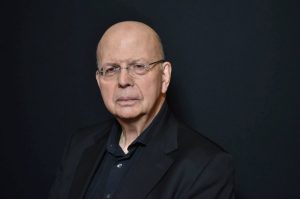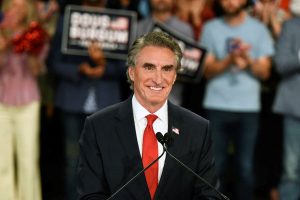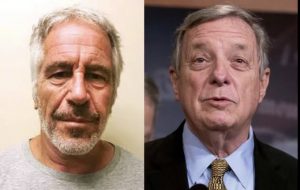Jean Castex, the new Prime Minister of France is expected to unveil a reshuffled cabinet on Monday, which will be responsible for helping the economy brave its worst crisis since World War II, and injecting fresh momentum into the presidency of Emmanuel Macron.
Castex, a senior bureaucrat and provincial mayor who was almost completely unknown to his people before his appointment Friday, is looking to make quick and wise decisions to convince sceptics about his efficiency regarding the job.
The 55-year old was appointed by Macron in place of Edouard Philippe, as the president seeks a fresh start for the final two years of his mandate ahead of 2022 presidential elections.
France’s economy has been battered into a historic recession by the coronavirus crisis while Macron’s Republic on the Move (LREM) party is reeling from its drubbing in local elections late last month.
Macron wrote on Twitter Sunday that a “new path” was needed, listing the new government’s priorities as “reviving the economy, continuing an overhaul of our social protection and the environment, re-establishing a fair republican order and defending European sovereignty”.
The failure of LREM — founded in the run-up to Macron’s presidential bid in 2017 — in local elections again showed up its lack of a grassroots base.
Analysts have said that by appointing a low-profile figure in place of Philippe — whose popularity was outstripping Macron’s — the president wants to tighten his grip on the reins of government ahead of 2022.
French parliament speaker Richard Ferrand said he expected the new government to be announced on Monday morning after an intense weekend of exchanges between Castex and Macron.
An aide to Macron, who asked not to be named, said there would be “new talent” and “people who have come from different horizons”.
However few details have leaked over what changes there will be to the government, which under the centrist Macron has always been a delicate balancing act between left and right.
Castex, who drew up the plan for France to come out of its coronavirus lockdown, was himself a member of the right-wing The Republicans (LR) but confirmed he has now handed in his party card.
One job on the line is that of interior minister Christophe Castaner, criticised both by Black Lives Matter protesters over alleged racism in the police force but also by officers for a perceived lack of support.
But it is far from clear if those holding the key ministries of state — ex-rightwinger Bruno Le Maire at economy and former Socialists Jean-Yves Le Drian and Florence Parly at foreign affairs and defence — will be moved on.
Much attention is on the future of the environment ministry, a troubled domain for Macron after the sensational resignation from the post of popular campaigner Nicolas Hulot in 2018 on the grounds that it was impossible to get anything done.
Castex, not so far known for his green credentials, has said “ecology is not an option but an obligation”, following a strong performance by the Greens in municipal polls.
But Yannick Jadot, an MEP and key figure in the EELV green party, retorted that there was “perfect continuity between Jean Castex and Edouard Philippe”, saying neither “had ever shown any kind of interest in the climate or biodiversity”.
Philippe meanwhile has returned to the relative peace of his old job as mayor of the Normandy port of Le Havre. Opinion divided over whether he will fade into the background or could one day pose a challenge to Macron.






